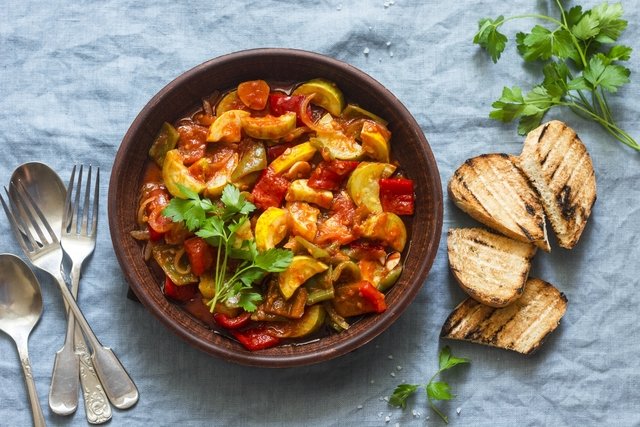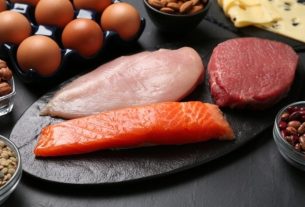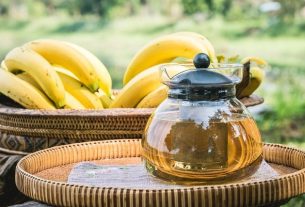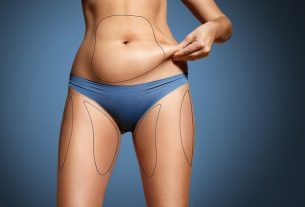A soft diet is a type of diet recommended after some surgeries, such as bariatric surgery, stomach or esophageal surgery, for people with ulcers or gastritis, or even for those who wear dental prosthetics, for example.
In this type of diet, foods should have little fiber, be soft, well cooked and/or processed, to facilitate chewing and digestion. The soft diet is a recommended diet in the transition between a soft diet and a normal diet.
However, it is important that the bland diet is only followed with the guidance of a nutritionist, so that it is adapted to each person’s nutritional needs and health conditions.

When is it indicated
The soft diet is part of the transition between a soft diet and a normal diet, and is recommended for situations in which gastric function is compromised, such as after bariatric surgery, stomach or esophageal surgery, for example.
In addition, the bland diet may also be recommended for people with gastritis, ulcers, hiatal hernia, liver failure, gallbladder or pancreas problems, or for people who wear dentures.
What to eat
On a bland diet, foods should have little fiber, in addition to being soft, well cooked and/or processed, to facilitate chewing and digestion.
Therefore, the foods that should be prioritized in the bland diet are:
- Boiled vegetables, such as carrots, chayote, zucchini, pumpkin, green beans, spinach and eggplant;
- Soft fruits, without skins and/or cooked, such as pear, papaya, banana, avocado, melon, watermelon, kiwi and cooked apple;
- Boiled or pureed tuberssuch as potatoes, yams, yams and sweet potatoes;
- Low-fat proteins, such as diced chicken, egg, tofu and cooked fish;
- Lean dairy products, such as skimmed milk, skimmed yogurt and white cheeses;
- Beaten beans;
- Low fiber cerealssuch as white rice, white pasta, porridge and polenta;
- Soft breads, such as sliced bread, milk bread, potato bread or brioche.
In addition, water, teas, coconut water and strained fruit juices are also recommended during the bland diet.
Foods that should be avoided
Foods that should be avoided on the bland diet are:
- Fried foodsuch as snacks, French fries, fried eggs, nuggets and pastries;
- Raw vegetables, such as lettuce, raw carrots and raw arugula;
- Hard or fiber-rich breads, such as whole grain bread, French bread, ciabatta or multigrain bread;
- Hard fruits and/or seeds, such as grapes, coconut, raw apple, pomegranate and passion fruit;
- Fatty dairy productssuch as full-fat yogurt, yellow cheeses and whole milk;
- Proteins rich in fat, such as chicken and fish with skin and beef with fat;
- Oilseeds, such as peanuts, almonds, cashews and walnuts;
- Spicy condiments and spices, such as pepper, curry, wasabi and mustard;
- Alcoholic beverages, such as beer, wine, cachaça or vodka.
Furthermore, it is also important to avoid hard biscuits and foods that increase gas production such as cabbage, cauliflower, broccoli and Brussels sprouts. Discover other foods that increase gas production.
Can you eat tomatoes on a bland diet?
During the bland diet, you can eat tomatoes. However, this vegetable can only be consumed in cooked form, in preparations such as roasts, soups, stews and sauces, for example. See how to make some recipes with tomatoes.
Example of a soft diet menu
The following table shows an example of a 3-day menu for the soft diet:
The quantities and types of food on the menu vary depending on each person’s weight and general health. Therefore, it is recommended that a soft diet is always recommended and guided by a nutritionist.
If you want an individualized diet, make an appointment with the nutritionist closest to you:
Taking care of your health has never been easier!
Difference Between Free Diet and Soft Diet
The free diet, also known as the general or normal diet, is recommended for people with adequate chewing and gastrointestinal functions and who do not need adjustments in the consistency of food. On the free diet, you can consume unpeeled fruits, whole grains and raw salads, for example.
A bland diet is recommended for situations where gastric function is compromised, such as after bariatric surgery, stomach surgery, gastritis, ulcers, or for people who wear dental prostheses. In this diet, foods should have little fiber, be soft or well cooked, to facilitate chewing and digestion.

Sign up for our newsletter and stay up to date with exclusive news
that can transform your routine!
Warning: Undefined array key "title" in /home/storelat/public_html/wp-content/plugins/link-whisper-premium/templates/frontend/related-posts.php on line 12
Warning: Undefined array key "title_tag" in /home/storelat/public_html/wp-content/plugins/link-whisper-premium/templates/frontend/related-posts.php on line 13



